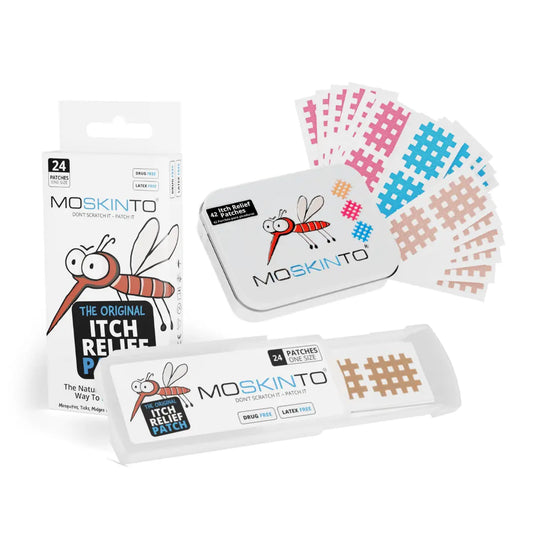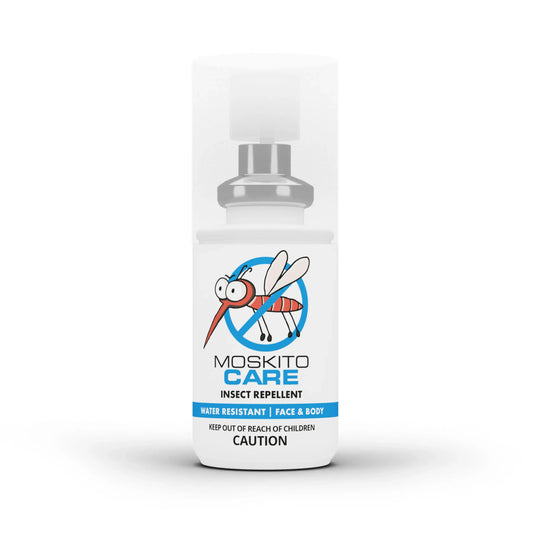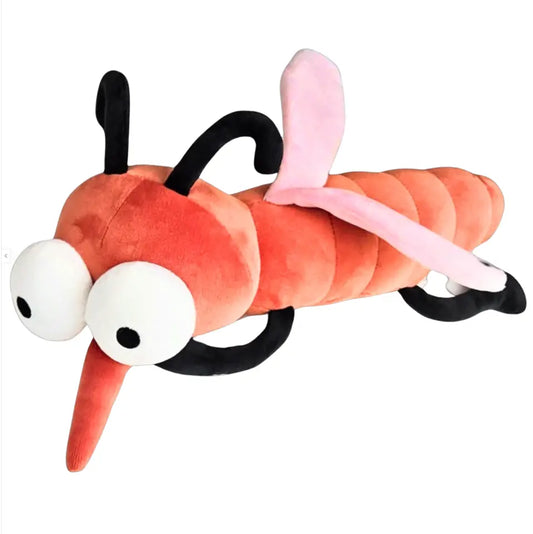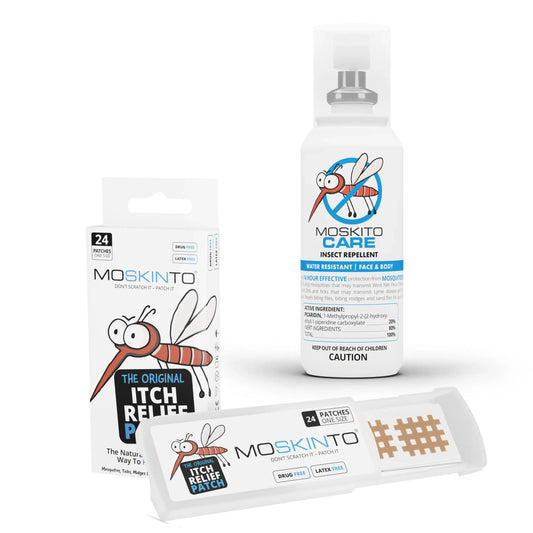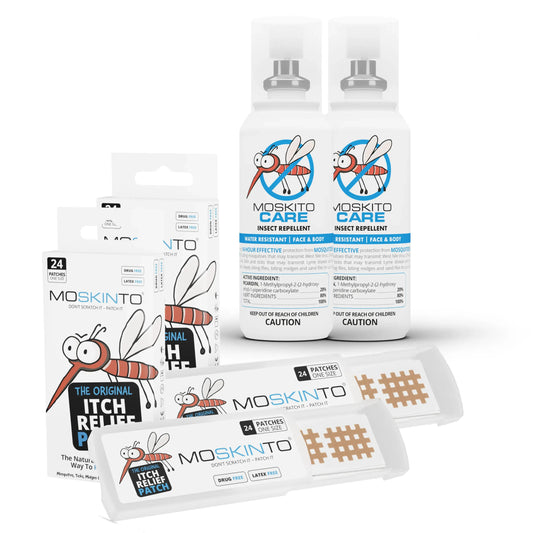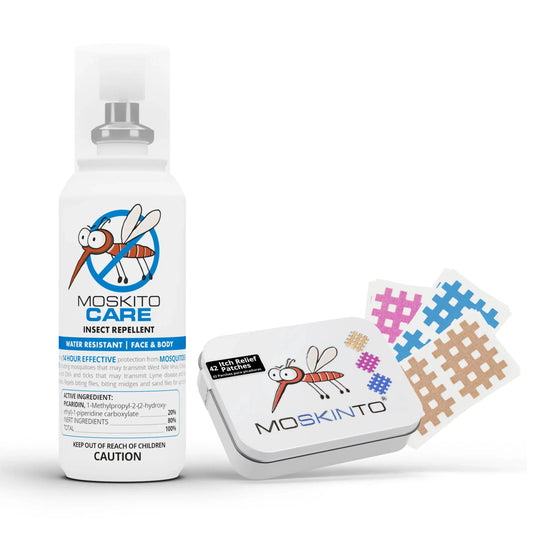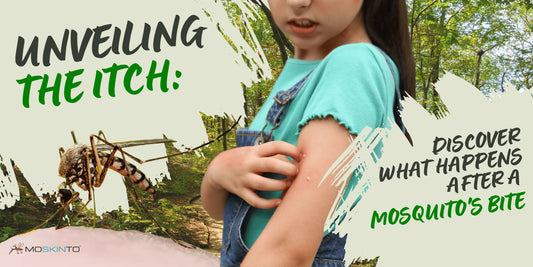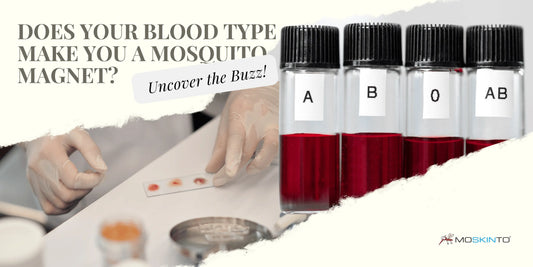Does Your Blood Type Make You a Mosquito Magnet? Uncover the Buzz!
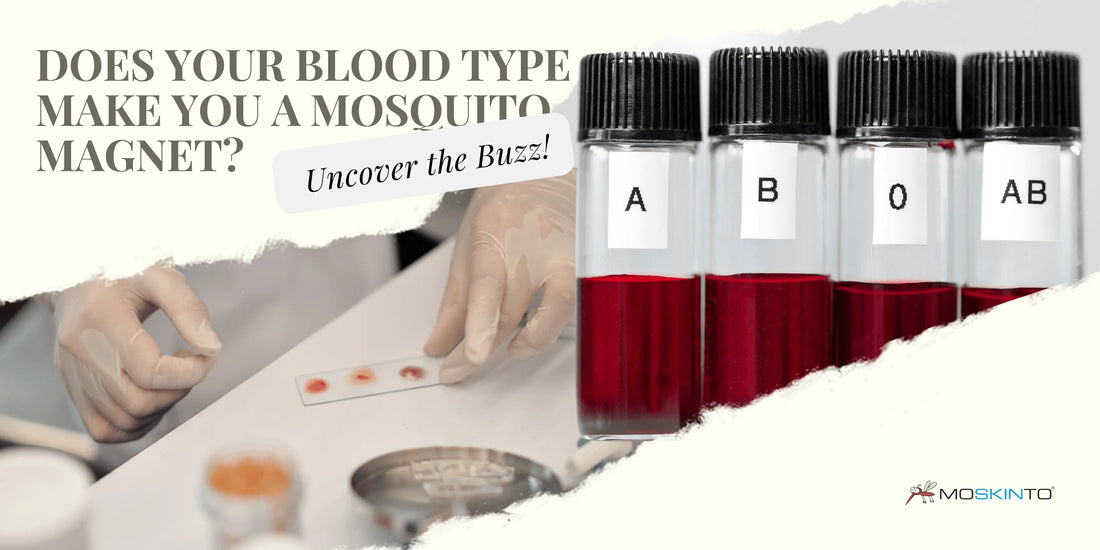
Does Your Blood Type Make You a Mosquito Magnet? Uncover the Buzz!
Hey there outdoor enthusiast! Have you ever wondered why, at every campfire hangout, you seem to be the main course on the mosquito menu? It's not just your imagination; these buzzing pests might be picking you out of the crowd for a reason. Before you call yourself cursed, let's dive into the world of mosquito-feeding behavior and get to the bottom of this blood-sucking mystery.
Understanding the role of blood in these tiny vampires' lives is key to demystifying their biting bias. From helping mama mosquitoes nourish their eggs to possibly prefer a specific type of blood-catering, there's a lot more to those itchy welts than meets the eye. Read on to explore whether your blood type is indeed sending out an open invitation to t
The Role of Blood Types in Mosquito Attraction
Have you ever felt like mosquitoes have a personal vendetta against you? Well, it turns out, your blood type might be playing a significant role in making you an irresistible target for these pesky insects. Recent studies have shone a light on the mysterious preferences mosquitoes seem to have when it comes to whose blood they go after. Let's dive into what the science says about this blood-sucking predilection.
Summary of Studies Linking Blood Type to Mosquito Preference
Several scientific investigations have examined the link between blood type and mosquito attraction. The general finding appears to suggest that individuals with Type O blood are more likely to be targeted by mosquitoes than those with other blood types. Furthermore, mosquitoes can determine our blood type using sensors that can detect specific substances we emit from our skin.
Examination of the Scientific Consensus on the Topic
While numerous studies have contributed to the hypothesis of blood type being a factor in mosquito attraction, the scientific community continues to explore the validity and extent of this relationship. There is a consensus, however, that blood type is just one piece of the puzzle. Factors such as carbon dioxide emission, body heat, and movement are also critical determinants of mosquito behavior. However, the notion that your blood type could turn you into a mosquito magnet remains a fascinating topic for further research.
- Individuals with Type O blood might get more mosquito bites than their Type A, B, or AB counterparts.
- Mosquitoes use a keen sense of smell to determine the blood type of their next meal.
- The interplay of factors: Blood type may influence mosquito attraction, but it doesn't tell the whole story.
Investigating Mosquito Attraction Factors
Ever feel like mosquitoes have a personal vendetta against you? You're not alone, and it's not all in your head. Let's dive into some of the scientific factors that might make you a mosquito magnet.
Carbon Dioxide as a Primary Lure for Mosquitoes
First up, is carbon dioxide. It's the invisible trail we all leave behind that mosquitoes love. These pesky bugs can detect CO2 from a pretty impressive distance, making it their go-to signal for finding a meal.
Body Heat and Skin Odors
But CO2 isn't the only thing on the mosquito's radar. Body heat can also turn you into a bullseye. The warmer you are, the easier it is for them to lock onto their target-your skin. Speaking of skin, your unique skin odors also play a role. Whether it's the bacteria living on your skin or your cocktail of chemicals, odors are like an alluring perfume to mosquitoes.
- People who exhale more CO2 often include those who are physically larger or pregnant, making them more susceptible to bites.
- Certain chemicals in sweat can also increase attraction. So, after that workout, you might not just be glowing; you could be an unwitting beacon for these insects!
Blood Type Preferences in Mosquitoes: The Research
When it comes to mosquitoes, many of us have felt like we're the chosen ones, often asking, is it true that my blood type attracts more mosquitoes? Let's delve into the science to unravel this mystery. Recent studies have shone a light on the blood type distribution among human populations and its intriguing correlation with mosquito preferences.
Key Findings from Blood Type Distribution Studies
One of the seminal pieces of research in this area found that mosquitoes do have a propensity for certain blood types. Notably, individuals with Type O blood were more likely to be targeted by mosquitoes than those with Type A, B, or AB. This distinction provides us with a fascinating insight into the possible evolutionary selection of blood types based on parasitic interactions.
Assessing the Evidence: Do Certain Blood Types Attract Mosquitoes?
While multiple studies suggest a link between blood type and mosquito attraction, the evidence is not wholly conclusive. The complexity of human body chemistry means that other factors, such as carbon dioxide emission, body odors, and skin microbiome, also play significant roles. However, the attraction to Type O blood, specifically, appears to be a consistent finding across various research efforts.
- People with Type O blood are reportedly 83% more likely to be bitten by mosquitoes.
- Individuals with Type A blood appear to be the luckiest, with fewer bites reported on average.
- Type B blood inhabitants landed somewhere in the middle of this biting spectrum.
Despite this compelling data, interpreting mosquito preferences remains a challenge. It's not enough to consider blood type in isolation, as a multitude of factors influence a mosquito's choice of host. To gain a clearer understanding of what truly attracts these relentless bloodsuckers, a holistic view encompassing various attractants is essential.
Decoding the Skin-Odor-Mosquito Attraction Triangle
Ever wondered why mosquitoes seem to play favorites when buzzing around a group of friends or family? It's not all in your head; there's some fascinating science behind it. Let's dive into the complex world of skin and odor chemistry and how it plays a pivotal role in the game of mosquito attraction.
Diving into the Science of Skin Signals
Our skin is like a personal billboard emitting a unique blend of chemicals that can be irresistible to mosquitoes. Each person's skin emits a distinct biological signature that includes lactic acid, ammonia, uric acid, and other substances. This cocktail of compounds varies depending on our genetics, diet, and even the bacteria living on our skin, all of which can influence a mosquito's attraction to us.
Understanding Individual Odor Differences
Individual differences in body odor are more than just a concern for deodorant companies. These odors are like an all-you-can-eat buffet sign for mosquitoes, signaling who might be a tasty target. Ever noticed how mosquitoes seem to target you more if you've been working out? That's because physical activity increases the concentration of certain chemicals on your skin, making you a more noticeable and appealing target for these pesky insects.
Anecdotes Versus Empirical Evidence
While many stories circulate about who gets bitten more and why there's a lot of anecdotal evidence out there, it's the empirical studies that give us the real buzz on mosquito behavior. Scientists have been studying how different factors like blood type, skin chemistry, and emitted odors affect mosquitoes, leading to some intriguing findings. For example, people with a higher body mass or those who are pregnant often emit more carbon dioxide, another attractant for mosquitoes. But remember, it's not just about one's blood type.
- Anecdotal observations: "Mosquitoes always bite me, but not my partner."
- Empirical evidence: Scientific studies show that certain chemicals on our skin indeed make some of us more attractive to mosquitoes than others.
In summary, it's not just about whether you're type O, A, AB, or B when it comes to mosquito attraction. Your skin and odor have their own stories to tell, much to the delight of mosquitoes everywhere. So, the next time you find yourself swatting away at these relentless insects, remember that it's a mixture of factors-and yes, perhaps your blood type too-that's landed you in this itchy situation.
Insect Repellents and Prevention: Do They Vary by Blood Type?
When considering the battle against mosquito bites, you might wonder if your preventive efforts should be tailored to your blood type. Let's dive into the solutions that can help everyone, regardless of their unique attractions to these persistent pests.
Outsmarting Mosquitoes: One Size Fits All Prevention
The good news is that when it comes to insect repellents, their effectiveness isn't influenced by your blood type. Whether you're Type O, thought to be the mosquito's favorite, or Type A, the seemingly less-preferred option, the same repellents are your go-to protection. Ingredients like DEET, picaridin, and oil of lemon eucalyptus are widely recommended for their broad efficiency.
Personalized Protection Strategies
Despite repellents being non-selective in their mosquito-warding powers, individual prevention can still be personalized. Here are a few tips to help you avoid bites in ways that consider your mosquito attraction factors:
- Cover up - Wearing long sleeves and pants can physically block mosquitoes from reaching your skin.
- Stay dry - Mosquitoes are drawn to sweat, so keeping your skin dry can help keep them away.
- Be cautious during peak hours - Mosquitoes are most active during dawn and dusk, so try to limit outdoor activity during these times.
- Remove standing water - A proactive step to deny mosquitoes breeding grounds near your dwelling.
Although your blood type is a factor in mosquito attraction, it's clear that the protective measures we take don't need to vary based on this trait. General preventative steps, along with the use of effective repellents, offer the best defense for everyone.

